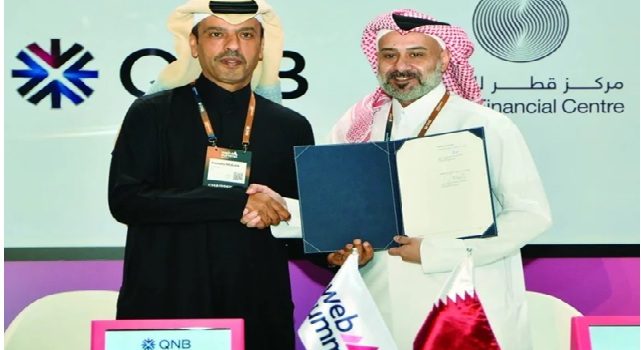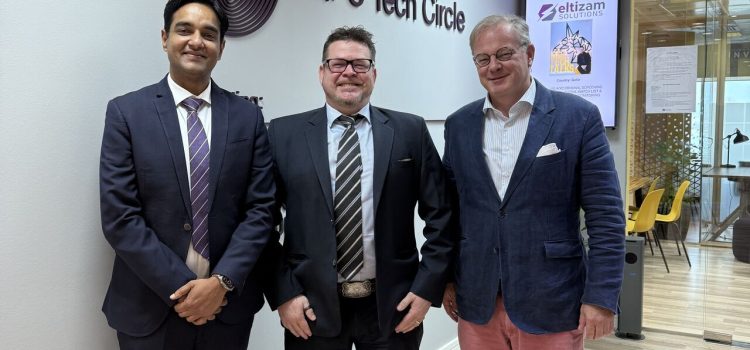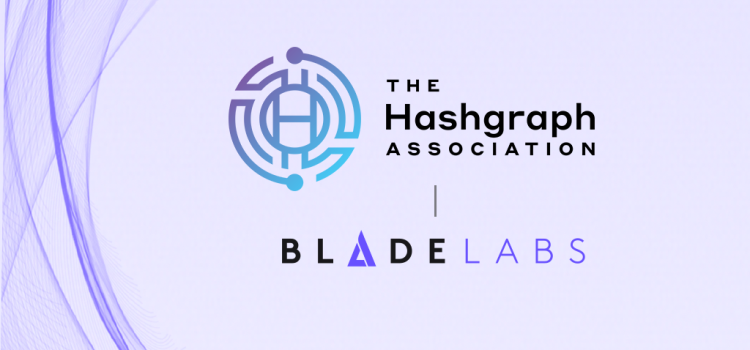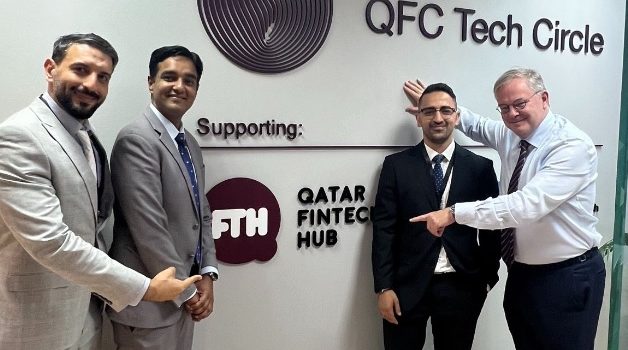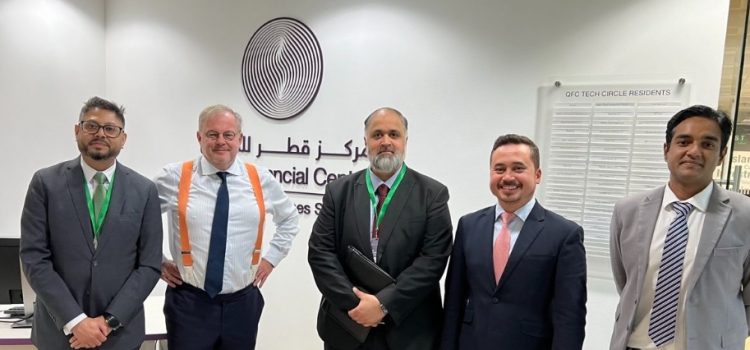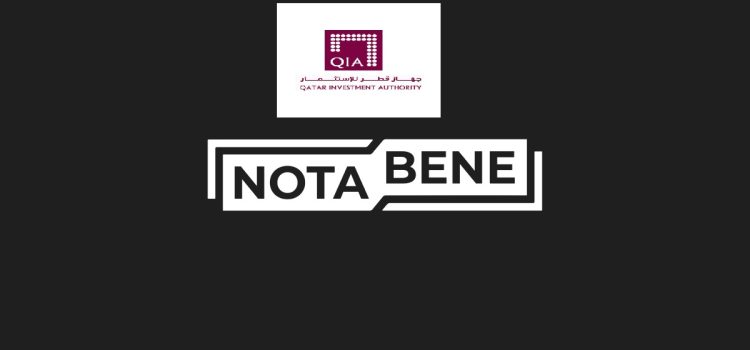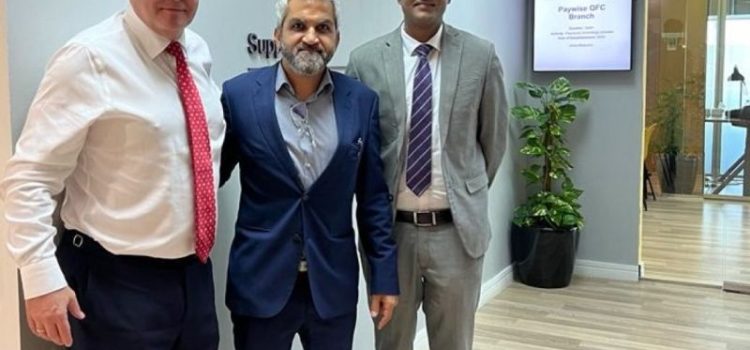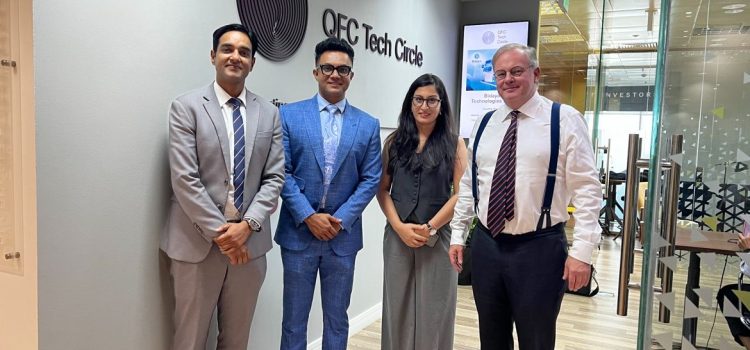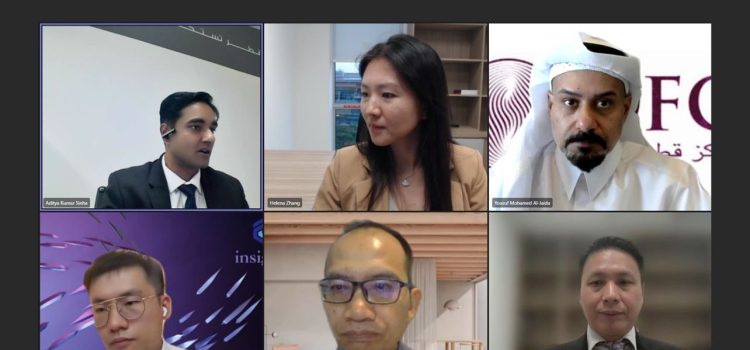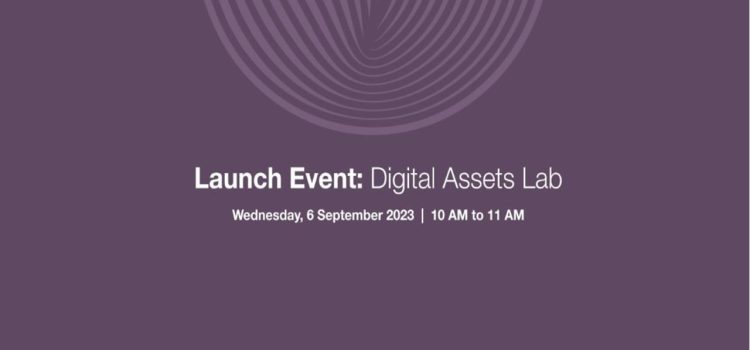UK based Khalij Group, a well-established financial solutions provider and Islamic Finance solutions has joined the Qatar digital asset lab based out of the Qatar Financial Centre (QFC).
Khalij Group is a conglomerate focused on servicing the needs and requirements of the Islamic financial services industry and Islamic capital markets, including creating innovative and be-spoke structured solutions, fund raising and distribution of both debt and equity instruments.
In a LinkedIn post, Henk Jan Hoogendoorn, Chief Financial Officer at QFC stated, “ Khalij Group will join Qatar Financial Centre (QFC) Authority digital asset Lab and will bring a wealth of experience in fintech as well Islamic investments , structuring and sharia advisory from the UK to Qatar and GCC.”
Headquartered in the United Kingdom, Khalij Group boasts a robust presence across key international financial hubs including the United Arab Emirates, Pakistan, Qatar and the United States of America.
In October 2023, Qatar announced one of the biggest digital assets initiatives in the country and the GCC region, the Qatar Innovation Dome for digital assets. As per the live event keynotes, the digital assets lab will develop tokenization platforms and ecosystems for everything that has value whether tangible assets or intangible assets including real estate assets, securities, Sukuk, bonds and others in the future utilizing DLT (distributed ledger technologies), blockchain, and smart contracts.
The Qatar Central Bank(QCB) also announced that it would be working to attract Big Tech and Fintech entities in the fields of Blockchain, AI, Tokenization, Digital assets and crypto to the country. As per its third financial sector strategy launched by HE Prime Minister Sheikh Mohamed Bin Abdulrahman Bin Jassim Al Thani, the Qatar Central Bank recommended enhancing financial inclusion, measures to facilitate building a world-class shared market infrastructure and establishing a financial technology talent center of excellence.
In addition, the Qatar Financial Centre Authority (QFCA), the legal and tax arm of the Qatar Financial Centre (QFC signed an MOU with the Asian Institute of Digital Finance (AIDF), a research institute of the National University of Singapore (NUS), to embark on projects encompassing ESG, Fintech, digital assets, Web3 and other emerging technologies.
All these efforts seek to place Qatar as a leading country for tokenization and digital asset implementations.









